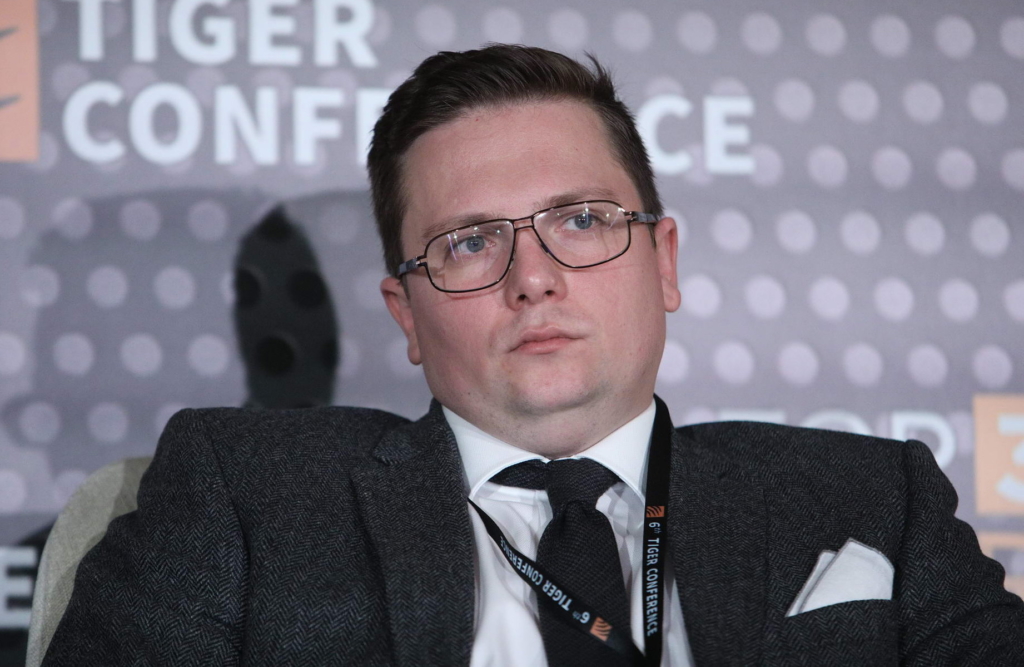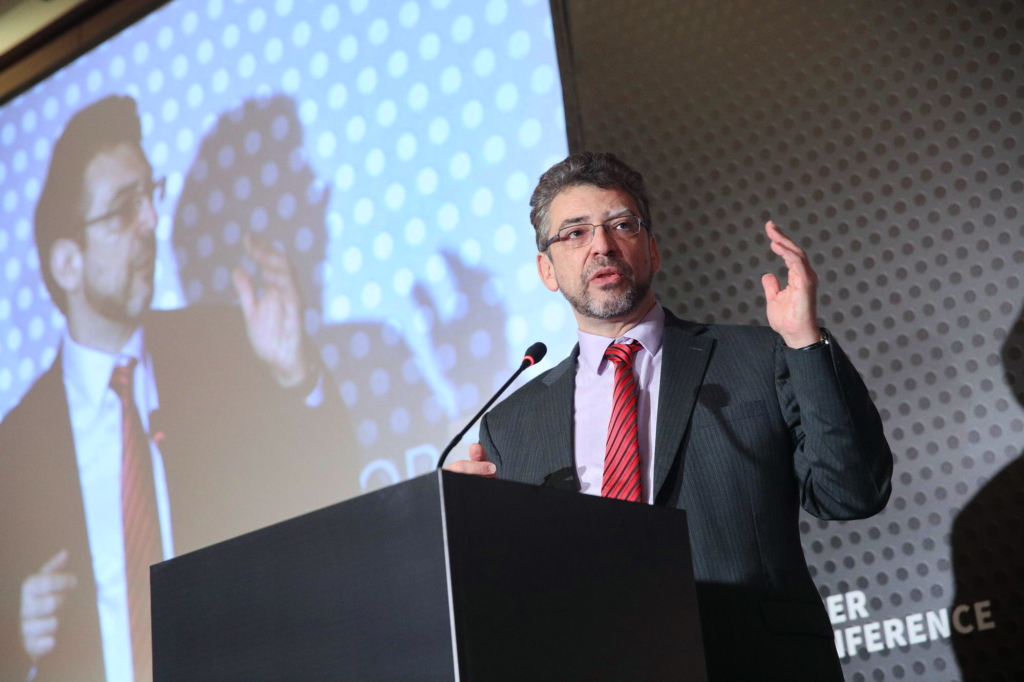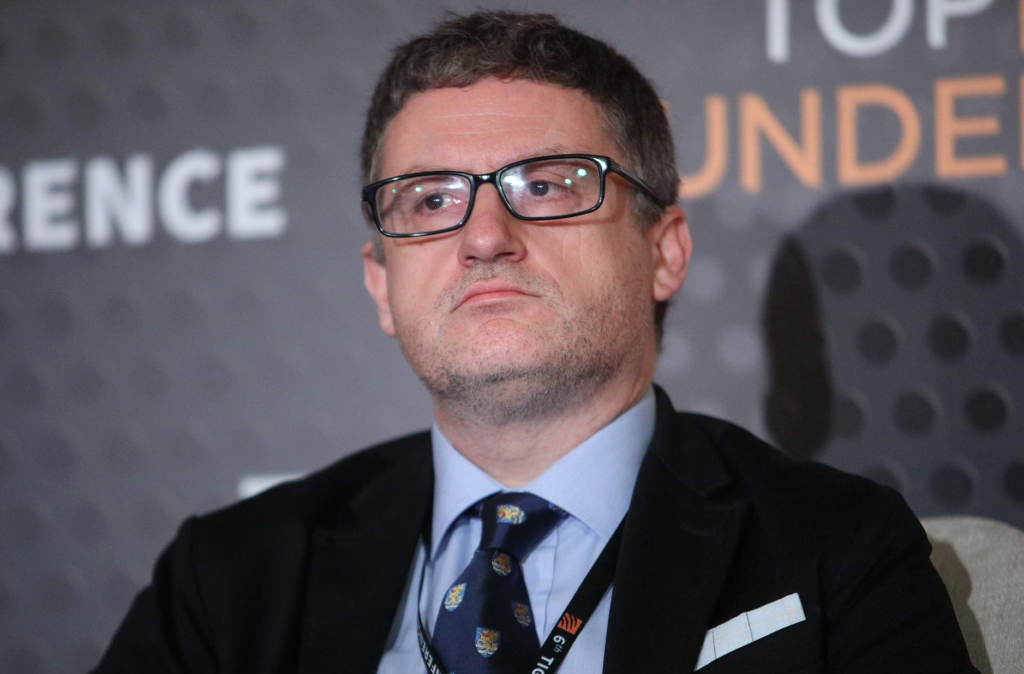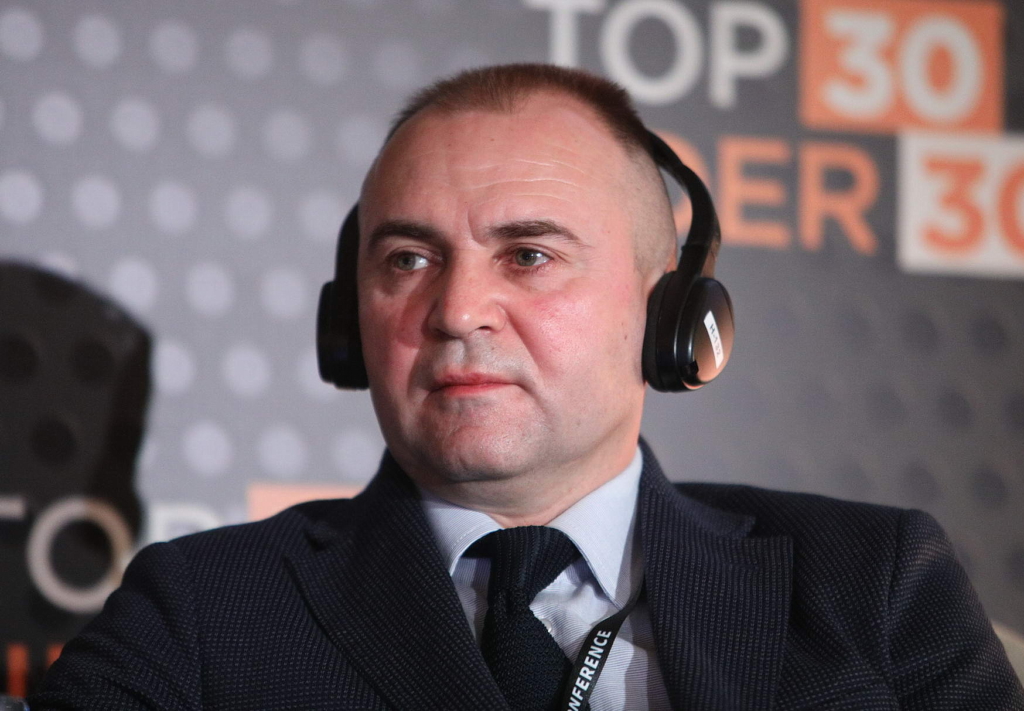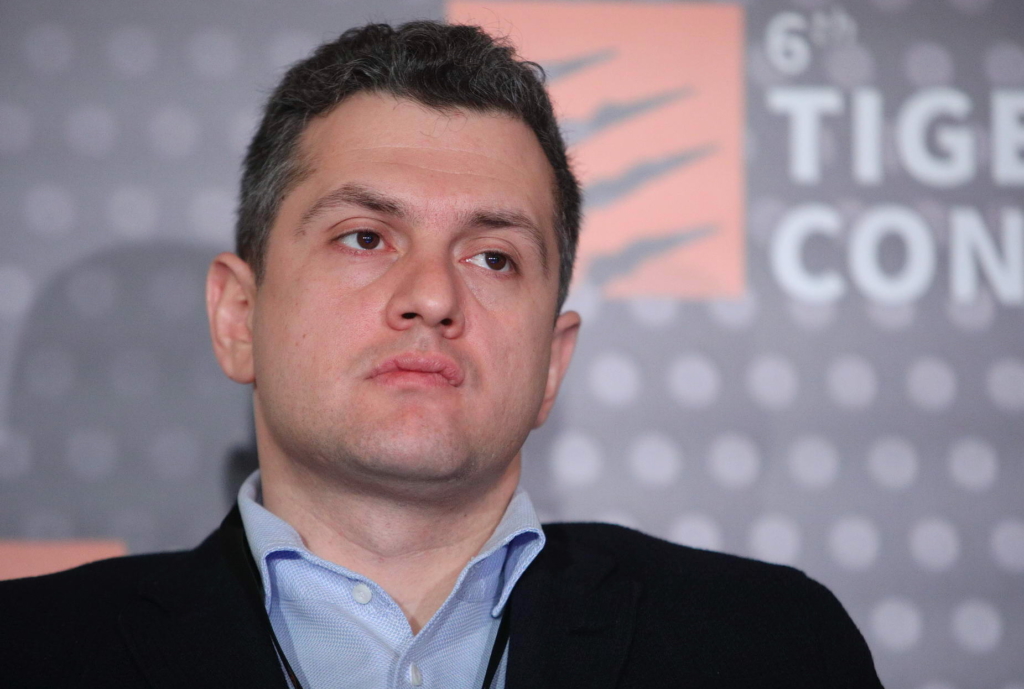Key message: Ukraine’s defense sector still has huge potential. However, massive corruption and obsolete management undermine the sector as reforms fail to gain traction.
Ukraine’s underdeveloped defense industry is held back by ineffective, non-transparent management and excessive secrecy, Ukrainian lawmaker Oksana Syroyid said at the Kyiv Post’s 6th Tiger Conference on Dec. 5.
She said there is still no clear view of the overall situation in Ukraine’s military manufacturing, as a considerable number of its enterprises are located in areas occupied by Russia, and many of the others are not functioning properly.
“Unfortunately, nobody knows what is going on at those enterprises, because it’s all covered and sheltered with secrecy,” Syroyid said during the “Transforming Security and Defense” panel. “And I think that this is the biggest problem that prevents us from knowing what their real potential is, and what the capacity of the Ukrainian military industry is.”
She said the secrecy that breeds massive corruption in state defense procurement and production has to end, with the exception of innovative developments.
Moreover, an overhaul of outdated Soviet-style management is necessary at the state-run defense holding company UkrOboronProm, she said.
“(Only after that) you can expect investors to come,” she added. “Because only if those enterprises are well-managed and (well) ordered by themselves will investors be able to estimate how much money they can put in, and how much they will get out.”
UkrOboronProm currently manages around 130 enterprises and monopolizes the country’s defense production sector. Created in 2010 by former President Viktor Yanukovych, it has been headed since 2014 by Roman Romanov, an alleged long-time business partner of current Ukrainian President Petro Poroshenko.
Over the past years, the concern has faced a number of corruption scandals.
According to Syroyid, UkrOboronProm was designed by Yanukovych to harvest profits from the defense sector and to ruin it, and now Poroshenko is reluctant to destroy this corrupt system promptly.
“(Poroshenko) is responsible for the appointment of the board at UkrOboronProm,” the lawmaker said. He should answer for any corruption or fraud at the state-owned company. “This is his personal responsibility.”
Another problem that thwarts progress in developing Ukraine’s military sector is a lack of transparency and public oversight of defense budgeting.
“For the three years we have been requesting a detailed budget,” Syroyid said. “Just show us how many helmets, boots, tanks you want to buy, and at which price… If somebody wants to hide this and claim that it’s because of the war, it’s not true.”
“The war increases demands for transparency…The army is the only institution to provide (safety) for this country. That’s why we have to ensure that any hryvnia provided by Ukrainian people for the Ukrainian army is spent decently and will make us stronger.”
Speaking at the debate, UkrOboronProm Deputy Director General Denys Gurak admitted that excessive secrecy and outdated management still hampers the smooth functioning of the business.
“What we’re doing now… is restructuring and reforming the UkrOboronProm,” Gurak said. “Hopefully, early next year a transformation process will start, which will lead to a completely different organization. The aim is to have corporatized companies integrated into Western supply chains and able to sell their shares on the open market.”
He added that the state-owned company is vertically managed, closed and ineffective.
Ariel Cohen, senior research fellow at the Atlantic Council international affairs think tank based in Washington D. C., says that the poor management has been inherited from the Soviet Union.
“What is clear is that the full state ownership and management that comes from the Soviet era, that was not trained in the West, that does not speak foreign languages, that does not have experience in selling these weapon systems and in servicing and financing them, is not going to be competitive for Ukraine in the world market,” the panels moderator concluded.
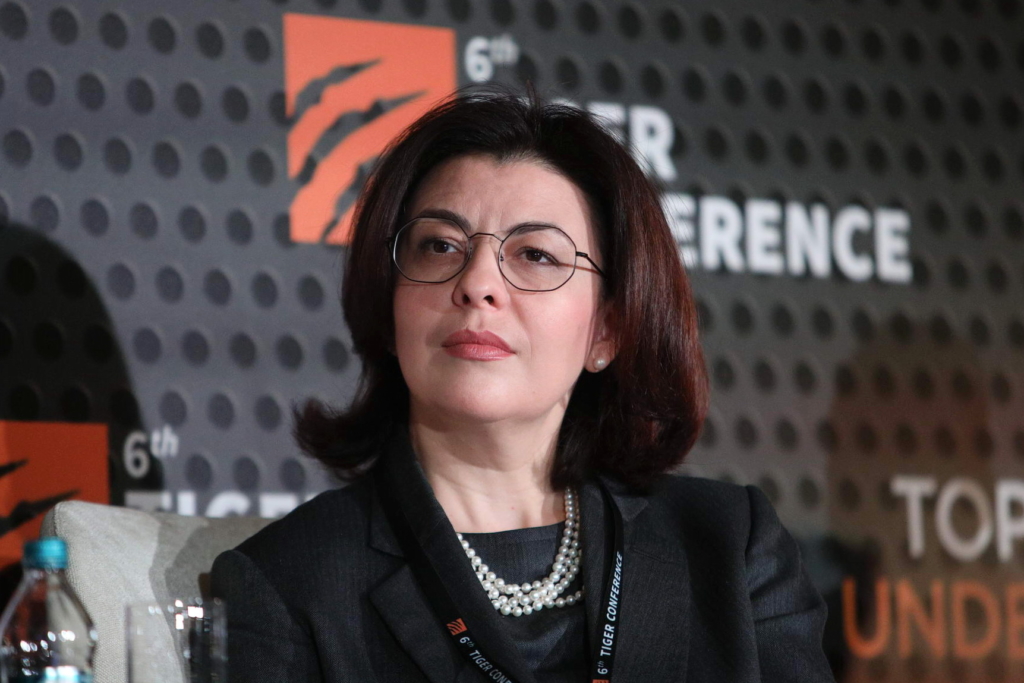
The UkrOboronProm is unfortunately trapped by an absolutely inappropriate system provided by the legislation and it has to be destroyed, sorry.
Oksana Syroid, Ukraine’s “Samopomich” party parliament member
In Ukrainian media, we became a castle of evil, something like that. The stereotype is that everybody is corrupt. Ukrainians tend to be very white-and-black and imbalanced.
Denys Gurak, deputy director general of UkrOboronProm
“The goal is to defeat the corruption itself or at least bring it under control and correct the conditions that empower it. One can only do it with legal and regulatory reforms, and this is the struggle as important as the ultimate victory in Donbas.”
Ariel Cohen, senior research fellow with the Atlantic Council
“Building legitimacy of state institutions and the vision for where Ukraine is going to go is right just not because it’s fulfilling the promise of Maidan, but because it’s a security priority.”
Mark Galeotti, senior researcher with the Institute of International Relations Prague
“Russia now uses Donbas as its firing range for testing its newly advanced warfare equipment… and Russia produces most part of it by itself.”
Albert Mitroshkyn, Ukraine’s intelligence officer, Donbas war veteran
“I am sure that Ukraine has a bright future and big prospects even though it is now a hard time in its history.”
Giorgi Kalandadze, Georgia’s armed forces retired general, volunteering instructor at Ukraine’s National Guards
